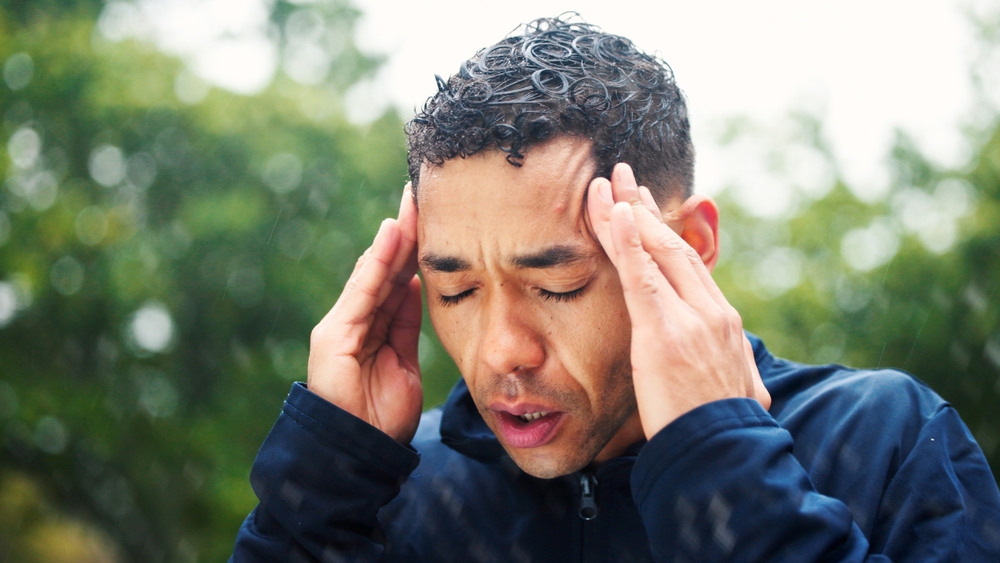
For athletes, concussions are an unfortunate but common risk. While most people associate concussions with symptoms like headaches or dizziness, many are unaware of a hidden consequence that can significantly impact performance and quality of life: binocular vision dysfunction (BVD). Understanding how concussions can trigger BVD is essential for timely diagnosis, effective treatment, and a safe return to play.
What Is Binocular Vision Dysfunction (BVD)?
Binocular vision dysfunction occurs when the eyes struggle to work together as a team. This misalignment can cause the brain to receive conflicting visual information, leading to symptoms such as double vision, eye strain, difficulty concentrating, headaches, and problems with depth perception. For athletes, these issues can disrupt coordination, reaction time, and spatial awareness.
The Link Between Concussions and BVD
A concussion is a mild traumatic brain injury (TBI) that can affect the brain’s ability to process visual input. After a concussion, the delicate neurological connections between the brain and the eyes may become disrupted. This can lead to subtle but impactful changes in how the eyes move, focus, and align.
In some cases, the symptoms of BVD may not appear immediately, making them difficult to recognize as a consequence of the concussion. Athletes might attribute symptoms to general fatigue or stress, delaying the proper diagnosis and treatment they need.
Why Athletes Are Especially at Risk
Athletes rely on sharp, synchronized vision to perform. Whether it’s catching a ball, judging distances, or navigating the field, accurate visual processing is non-negotiable. When BVD goes undiagnosed, it can lead to a drop in performance, prolonged recovery times, and a higher risk of reinjury. Additionally, visual dysfunction can negatively affect balance and coordination—critical components in sports like football, soccer, hockey, and basketball, where concussions are more common.
Signs and Symptoms of BVD in Athletes
Athletes recovering from concussions should be monitored for symptoms that may indicate BVD, such as:
Difficulty reading or focusing on text
Sensitivity to light or motion
Headaches or eye strain during visual tasks
Poor depth perception
Dizziness or disorientation
Double or blurred vision
Difficulty maintaining balance
Treatment Options for Post-Concussion BVD
Once identified, binocular vision dysfunction (BVD) can be effectively treated through targeted interventions. A comprehensive functional or neuro-optometric evaluation can determine whether vision problems are contributing to an athlete’s symptoms. Treatment options often include customized prism lenses to help realign the eyes or neuro-optometric rehabilitation to retrain the visual system. Early diagnosis and intervention are essential for restoring visual function and helping athletes return to peak performance safely.
Take the Next Step Toward Clearer, More Comfortable Vision
Concussions can disrupt the way the eyes and brain work together, leading to binocular vision dysfunction. For athletes, recognizing and addressing BVD is essential to recovery and optimal performance.
If you're experiencing lingering symptoms after a concussion, schedule a consultation at Performance Vision Center to find out if BVD is impacting your recovery. Visit our office in Winter Park, Florida, or call (407) 890-0201 to book an appointment today.







